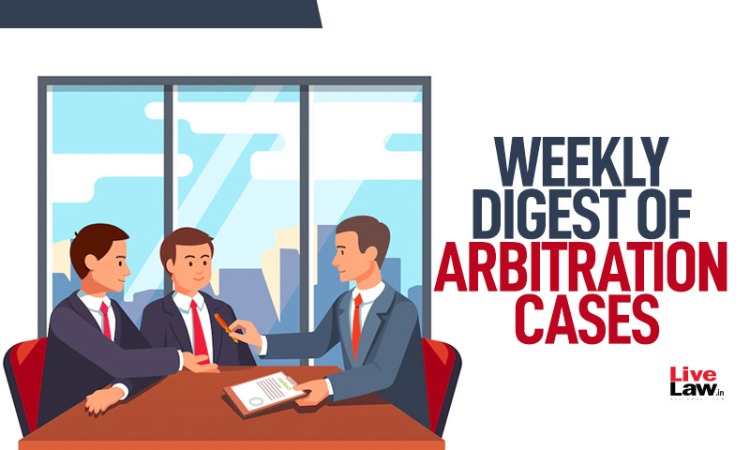Next Story
13 Dec 2023 5:47 PM IST
Supreme Court Principle Of 'Alter Ego' Or 'Piercing Corporate Veil' Not The Basis For 'Group Of Companies' Doctrine: Supreme Court Case: Cox and Kings Ltd v. SAP India Pvt Ltd | ARBIT. PETITION No. 38/2020 Citation: 2023 LiveLaw (SC) 1042 While approving the 'group of companies' doctrine in the arbitration law jurisprudence, the Supreme Court clarified that the principle...

